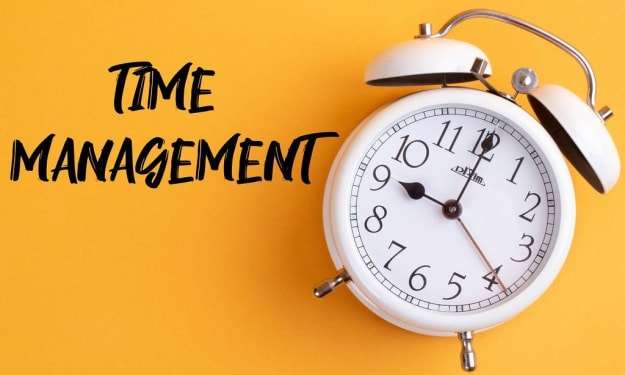The 7 Habits of Highly Effective People- Book review
A Timeless Guide to Personal Growth and Leadership

"The 7 Habits of Highly Effective People" is a classic personal development book that has been around for over three decades. Written by Stephen Covey, it has sold over 25 million copies worldwide and has been translated into 40 languages. The book's longevity and widespread popularity are a testament to its effectiveness as a guide to personal growth and leadership.
Covey's book is structured around seven habits that he believes are essential for personal and professional success. The first three habits focus on personal effectiveness, while the next three habits deal with interdependence, and the seventh habit is about continuous improvement. Covey argues that by practicing these habits, we can transform our lives, become more productive, and achieve our goals.
The first habit, "Be Proactive," is about taking responsibility for our lives and actions. Covey encourages readers to stop being reactive to external circumstances and instead focus on what they can control. By adopting a proactive mindset, we can become more effective and make progress towards our goals.
The second habit, "Begin with the End in Mind," is about setting goals and envisioning the outcome we desire. Covey argues that by starting with a clear vision of what we want to achieve, we can work towards it with purpose and intention.
The third habit, "Put First Things First," is about prioritizing our time and focusing on what is most important. Covey encourages readers to identify their values and prioritize activities that align with those values. By doing so, we can become more productive and achieve our goals more efficiently.
The next three habits focus on interdependence and building effective relationships with others. The fourth habit, "Think Win-Win," is about seeking mutually beneficial solutions in our interactions with others. Covey argues that by adopting a win-win mindset, we can build trust and create long-term relationships that benefit everyone involved.
The fifth habit, "Seek First to Understand, Then to Be Understood," is about listening and empathizing with others. Covey argues that by truly understanding others' perspectives, we can communicate more effectively and build stronger relationships.
The sixth habit, "Synergize," is about working collaboratively with others to achieve shared goals. Covey encourages readers to embrace diversity and seek out different perspectives, as this can lead to more innovative and effective solutions.
The seventh and final habit, "Sharpen the Saw," is about continuous improvement and personal renewal. Covey argues that by taking care of ourselves physically, emotionally, mentally, and spiritually, we can become more effective and achieve our goals with greater ease.
Overall, "The 7 Habits of Highly Effective People" is a must-read for anyone interested in personal development and leadership. Covey's writing is clear and engaging, and his advice is practical and actionable. The book is filled with real-life examples and anecdotes, which make it easy to relate to and apply to our own lives.
One of the things that make this book so valuable is that it focuses not just on improving one area of our lives but on developing our overall effectiveness. By adopting these habits, we can become better leaders, communicators, and problem-solvers, which can have a positive impact on all areas of our lives.
That said, some readers may find the book's tone a little preachy or overly prescriptive. Covey's approach is very structured and systematic, which may not resonate with everyone. Additionally, some of the examples used in the book may feel a little dated, as the book was first published in 1989.
Despite these minor criticisms, "The 7 Habits of Highly Effective People" remains an essential read for anyone interested in personal development and leadership. Covey's insights are timeless





Comments
There are no comments for this story
Be the first to respond and start the conversation.